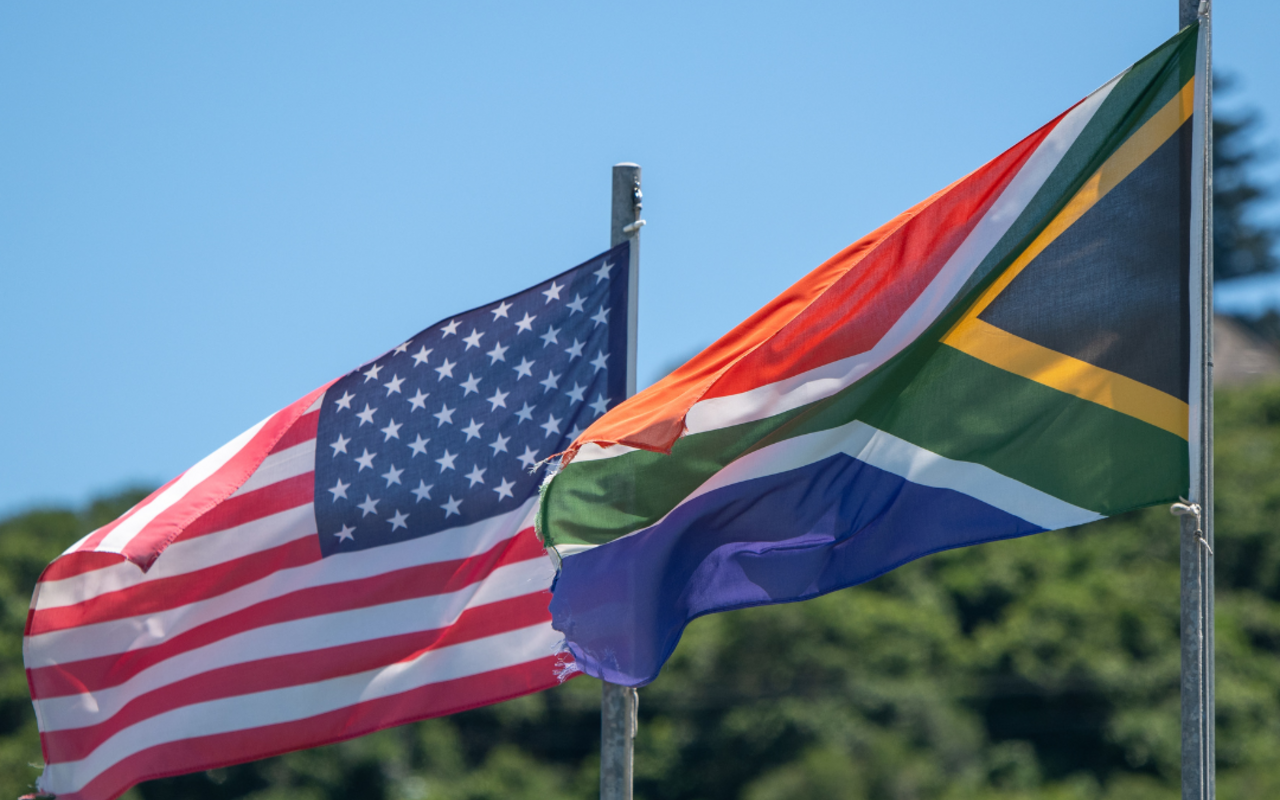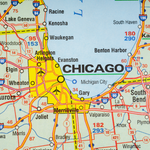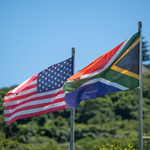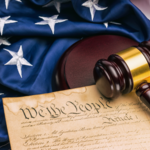von Anna-Lena Hakenes
During my recent visit to the Cape Town region, several white South Africans reported experiencing a sense of being “oppressed in their own country”. These individuals characterized President Trump as someone who “stood up for them while everyone else doesn’t.” In the following, I want to explain what is happening in the United States and South Africa and show how important it is to look at such narratives by including facts and learning more about the background of events.
Refugees from South Africa in the United States
On May 12, 2025, the first group of 59 Afrikaners arrived in the United States. The group consisted of white South Africans, descendants from Dutch, German and French settlers who came to South Africa in the 17th century and whose first language is Afrikaans. The group is also known by the term Boer, which means farmer in Afrikaans. This name emphasizes the importance of farming for the community. What is important to mention is that the group of Afrikaners only makes up approximately 4–7% of the South African population, depending on the source, and that they are therefore a minority.
To understand why some members of this group arrived in the United States, we must have a look at the history of South Africa. From 1948 until 1994, for almost 50 years, Apartheid defined the political and societal system. This dark period of time in South African history was based on racial segregation and white supremacy, causing the oppression of the Black population through a white minority.
Yet now white people are granted refugee status in the United States, why is this the case? US-President Trump is granting them with the refugee status, claiming “White farmers are being brutally killed and their land is being confiscated in South Africa.” In the following time more Boer and their families will come to the US, even though Trump’s claim is not true.
The Claims and Their Background
On May 21,2025, Trump and the South-African President Ramaphosa were holding a meeting in the Oval Office at the White House. The only topic that Trump wanted to talk about was the alleged “white genocide” in South Africa, while Ramaphosa tried to talk about trade, especially tariffs, and other topics that were important for him and his country.
President Trump advanced two principal assertions: first, that Afrikaner-owned land was being systematically confiscated; and second, that white farmers were being subjected to targeted killings. President Ramaphosa contested these claims, emphasizing instead bilateral trade concerns and tariff negotiations. In the past, these claims have already also been voiced by his South-African born advisor Elon Musk, who also attended the meeting on May 21.
Donald Trump’s first statement is based on a rather new law that was introduced by the South African government, which mostly consists of non-white politicians.
In January 2025, the Expropriation Act of 1975, which states that property can only be taken from someone for public purpose or interest with an appropriate compensation, was replaced by the new Expropriation Act of 2024. The Act permits expropriation with ‘just and equitable’ compensation, potentially nil only in limited public-interest cases, aiming to redress apartheid-era land inequalities. This law can be used to solve the longstanding problem with injustice of land division, one of the many remains of Apartheid. The small minority of white South Africans still owns most of the good farming land. Some Afrikaners, and apparently Trump, fear that their land might be confiscated unfairly. Trump even insisted that it is happening at the moment while Ramaphosa was saying that this isn’t the case. This statement by the South African president can be confirmed by others.
Trump’s second claim is also untrue. According to South African Police Service data for the first quarter of 2025, five of six farm murder victims were Black, contradicting claims of disproportionate targeting of white farmers. Killing and crime is a problem and it affects every person of every race in the country. As stated by the outlet PBS: “The killing of famers and farmworker, regardless of race, are a tiny percentage of the country’s high level of crime, and they typically occur during armed robberies, according to available statistics and two studies carried put over the last 25 years.
The US-President even played multiple videos to underline his accusations, one of them showing a street with many white crosses lining it. He claimed that all of the crosses were burial sites for murdered white farmers/Afrikaners. In reality, the video showed a demonstration that was organized by a local community after the death of a white farming couple in 2020. The crosses represent farmers that have been killed in the past.
Trump was also showing multiple videos of Julius Malema, a South African leftist politician. He is chanting the words “Kill the Boer, kill the farmer!”, an old anti-Apartheid song. The usage of the song nowadays is often criticized. Malema’s political party Economic Freedom Fighters won less than 10 percent of the vote in the 2024 election in South Africa. It’s only a small part of non-white South Africans that support this kind of political direction.
A Conspiracy Theory
Finally, it is interesting to add that no political parties in South Africa – including those representing predominantly white constituencies – have claimed that there is a genocide. This weakens the credibility of those external accusations and indicates that these stories are driven more by political motives than by facts.
Anna-Lena Hakenes ist Schülerin am Heinrich-Heine-Gymnasium in Kaiserslautern. Der Blogbeitrag ist ein persönlicher Meinungsbeitrag. Anna-Lena war 2025 Praktikantin an der Atlantischen Akademie.








